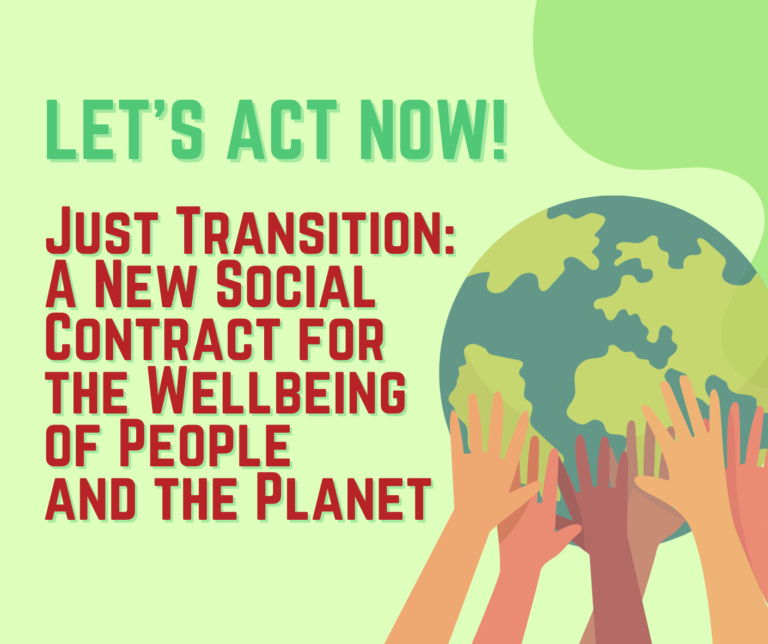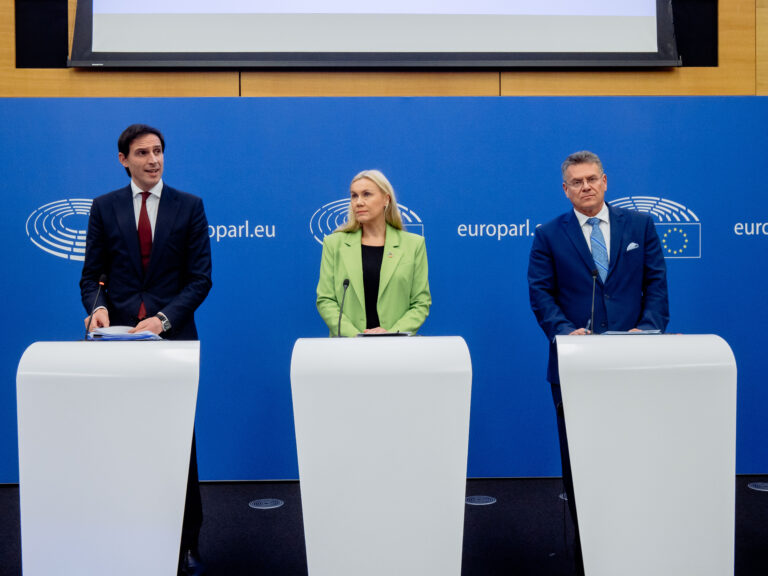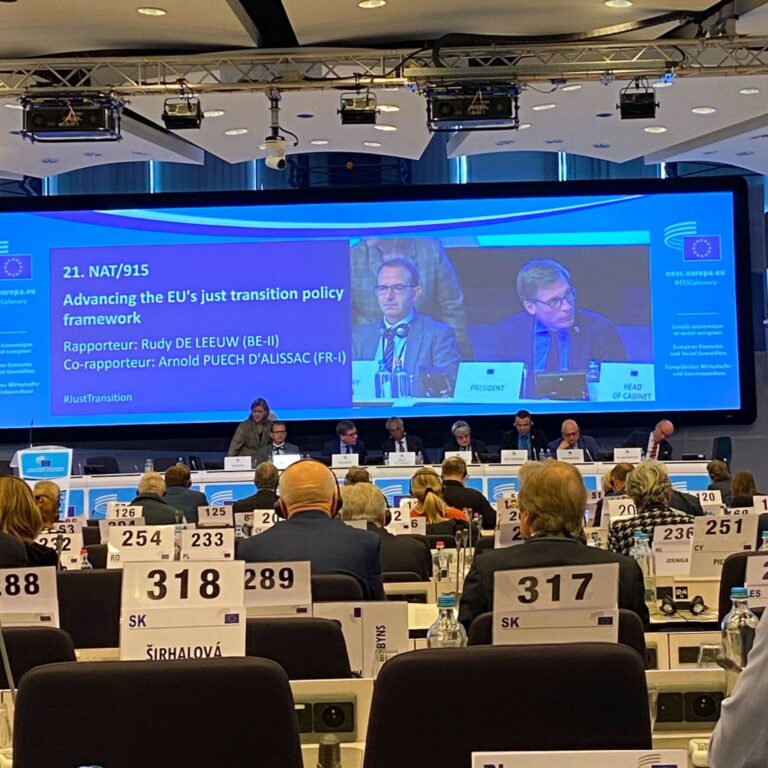Open letter on the role of the social economy in the issue of textile waste
SOLIDAR and more than 80 other organisations sign a letter stressing the need for policy makers to harness the potential of the social economy in the ongoing revision of the Waste Framework Directive.
The revision of the Waste Framework Directive (WFD)
In July 2023, the European Commission published its proposal for a targeted revision of the Waste Framework Directive (WFD), focusing on the environmental sustainability of the food and textiles sectors. The latter represents the fourth highest pressure category in terms of the total use of primary raw materials in the supply chain for consumption in the EU. On 13 March 2024, the European Parliament adopted its position on the WFD, which includes many important provisions that will enable social enterprises to promote circularity and inclusion in the forthcoming Extended Producer Responsibility Schemes for textiles.
Social economy enterprises are key actors in the social economy and pioneers of the circular economy, and therefore have a fundamental role to play in making the green transition more just. They are the only actors in the textile value chain that prioritise local reuse and have a unique business model that promotes community well-being, active citizenship and a sufficiency approach. As the legislative process continues and the Council develops its general approach to the WFD, it is important that the positive provisions of the European Commission’s proposal are not removed or weakened.
An open letter highlighting the role of the social economy in the textile sector
SOLIDAR has joined an open letter led by RREUSE and signed by more than 80 leaders of international networks, NGOs and national organisations from 18 European countries, calling on the European Union to use the ongoing revision of the WFD and the upcoming Extended Producer Responsibility (EPR) Schemes for textiles to preserve and strengthen the vital role of the social economy in driving a more inclusive and sustainable textile value chain and society at large.
To level the playing field and give social economy a chance to live up to its potential co-signatories jointly call upon EU policymakers to:
- Uphold all positive provisions on the social enterprises’ role in the collection and management of used and waste textiles that the European Commission included in its proposal for a WFD revision;
- Grant decision-making power for social enterprises, alongside municipalities, in the Extended Producer Responsibility schemes’ governance;
- Requiring that Extended Producer Responsibility fees cover all costs associated with re-use and preparing for re-use activities carried out by social enterprises, including the management of residual waste;
- Ensure that social enterprises maintain ownership over the used and waste textiles they collect.





